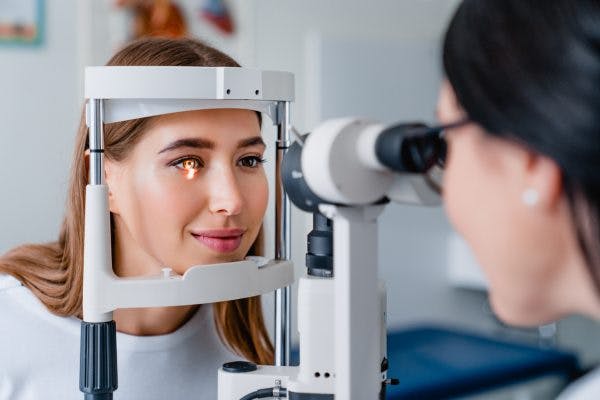
Overstimulation After Brain Injury: How to Overcome Sensory Overload
If you have ever experienced sensory overload after brain injury, you are not alone. Hypersensitivity to stimulation often occurs after TBI because your brain is

If you have ever experienced sensory overload after brain injury, you are not alone. Hypersensitivity to stimulation often occurs after TBI because your brain is

Perseveration after brain injury can cause someone to continuously repeat actions, words, or thoughts. It is thought to occur due to changes in memory, attention,

Nystagmus refers to a secondary effect of head injury that causes the eyes to make rapid, uncontrolled movements. It usually occurs after cerebellar damage. Vestibular disorders

Slurred speech is a common effect of head injury. Fortunately, by working with a speech therapist, individuals can learn effective ways to become a better

Loss of taste and smell after a head injury is often overlooked by doctors. Most patients in the hospital do not initially realize that their

Dysphagia is a common physical effect of brain injury that makes it difficult for patients to swallow on their own. It often affects people in early stages

Autonomic dysfunction is one of the many possible side effects of a concussion. It occurs due to damage of the autonomic nervous system. Unfortunately, most

Psychiatric issues, such as delusions and hallucinations, are common after head injury, especially in the early stages of recovery. In this article, we will discuss

For those living with the dual effects of traumatic brain injury and PTSD, the combination can be overpowering. PTSD cannot only severely impact a person’s

Wondering how to improve short-term memory after brain injury? You’ve come to the right place. In today’s article, we’re showing you 9 unconventional techniques that


Take the first step towards recovery.